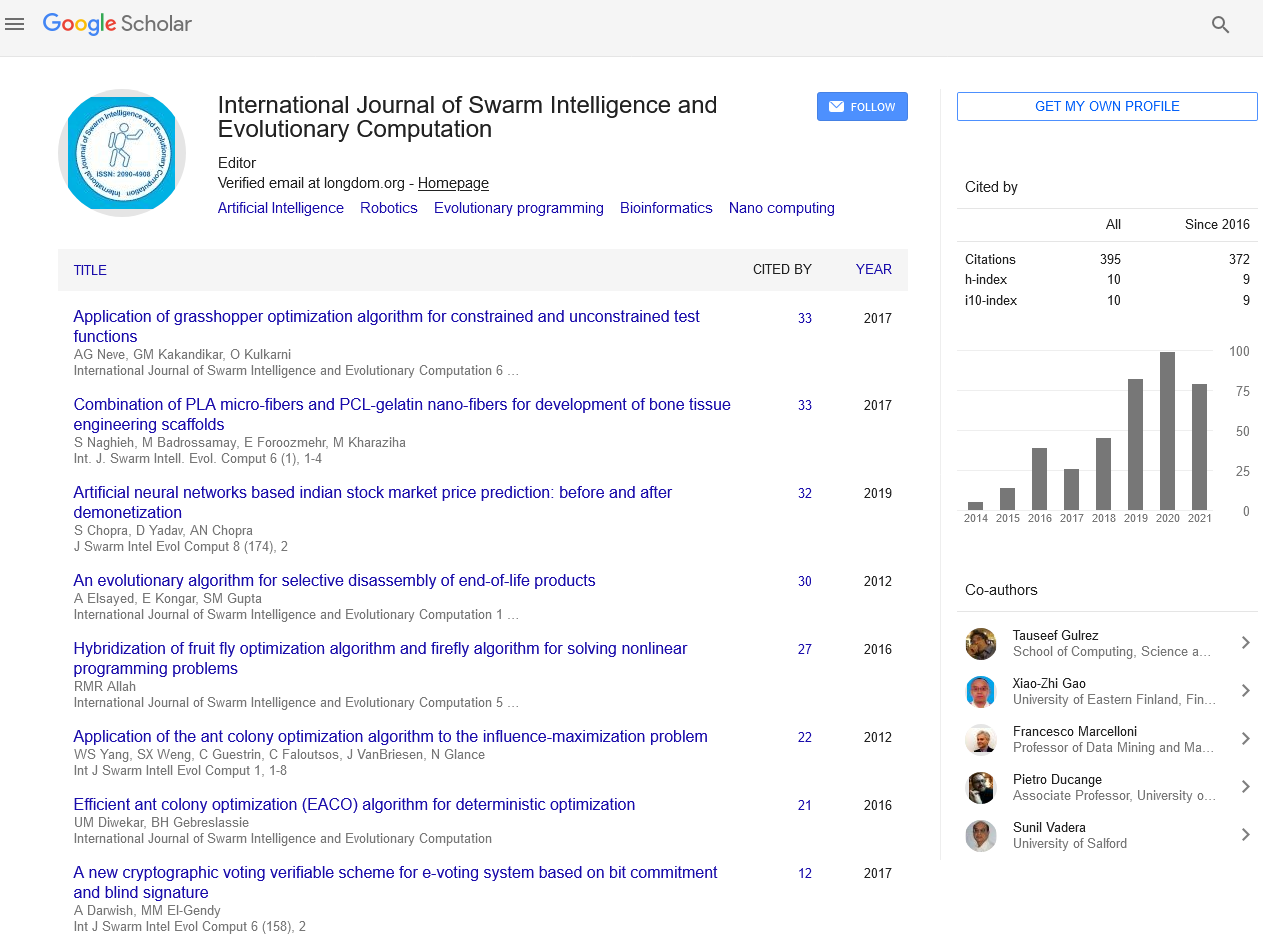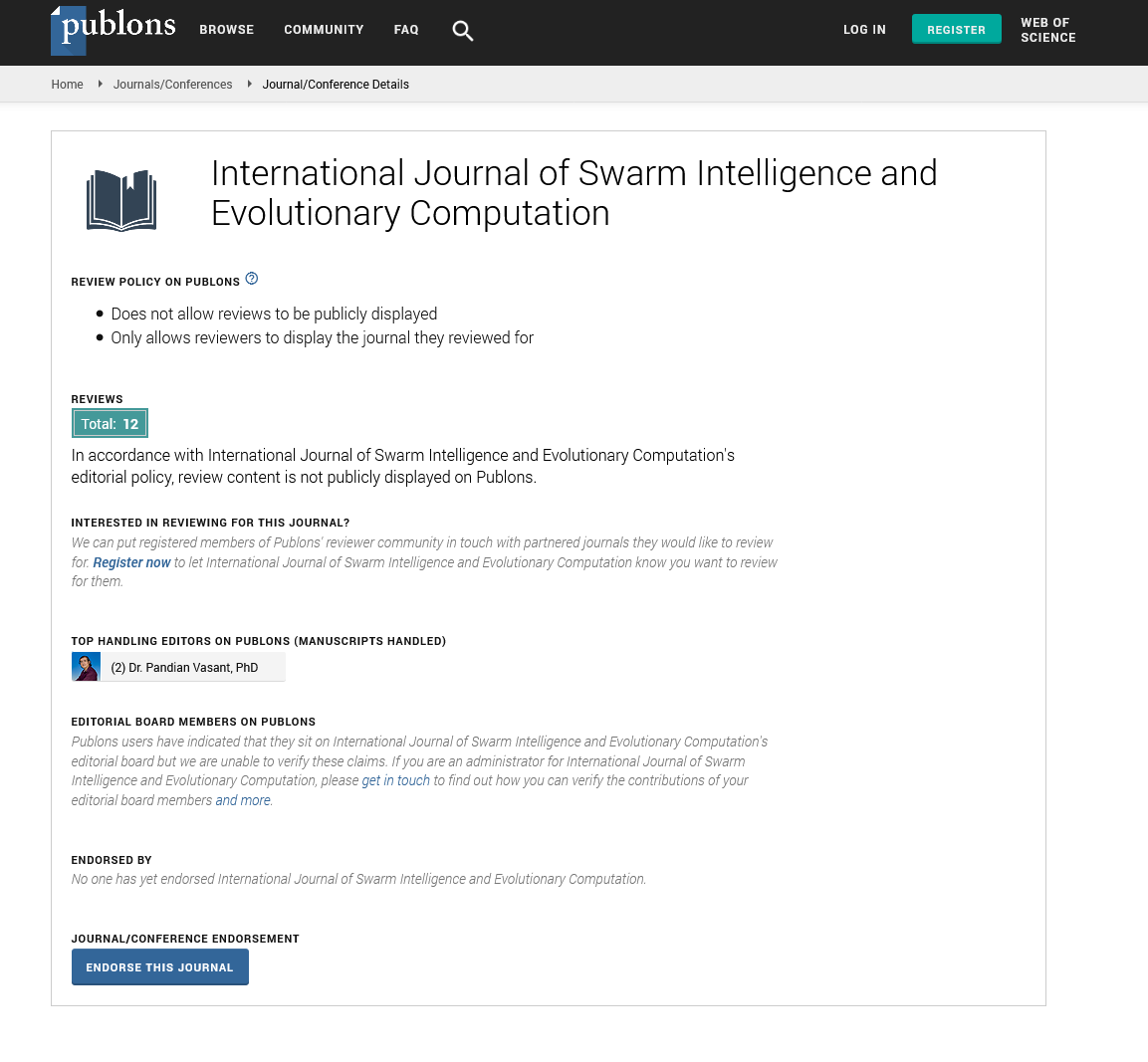Indexed In
- Genamics JournalSeek
- RefSeek
- Hamdard University
- EBSCO A-Z
- OCLC- WorldCat
- Publons
- Euro Pub
- Google Scholar
Useful Links
Share This Page
Journal Flyer

Open Access Journals
- Agri and Aquaculture
- Biochemistry
- Bioinformatics & Systems Biology
- Business & Management
- Chemistry
- Clinical Sciences
- Engineering
- Food & Nutrition
- General Science
- Genetics & Molecular Biology
- Immunology & Microbiology
- Medical Sciences
- Neuroscience & Psychology
- Nursing & Health Care
- Pharmaceutical Sciences
Abstract
Reforming Intellectual Property Right Based on Public Preferences towards Artificial Intelligence Generated Music
Jocelyn Ho, Jeffrey Huang* and Benjamin Chang
This study examines how legal frameworks should set a clear definition for Artificial Intelligence’s (AI) role in creative work through the perceptions of the younger generation on AI-generated music. Using a survey composed of 6 components (perceived quality, perceived imaginativeness, spatial presence, empathy and musician’s competence), this study sampled the technology and art related intended majors sampling groups to determine whether the computational music passes the Turing test. After listening to two samples with hidden artist identities (Human vs. AI), the participants (n=35) were asked to evaluate the samples presented. Then, artist identities are revealed and participants were asked to make changes to their initial responses. This study found that participants have similar appraisals towards human-composed music and AI generated music while there is a significant difference between the initial attitudes towards AI for the two sampling groups. For participants who changed their responses, there are no significant changes in attitude but an overall negative shift in responses is observed. This study concluded that the possibility for the younger generation to recognize AI as actual artists and thus supporting AI IP rights is low. Further implications of the findings and future directions for research are discussed.
Published Date: 2022-11-16; Received Date: 2022-10-10


